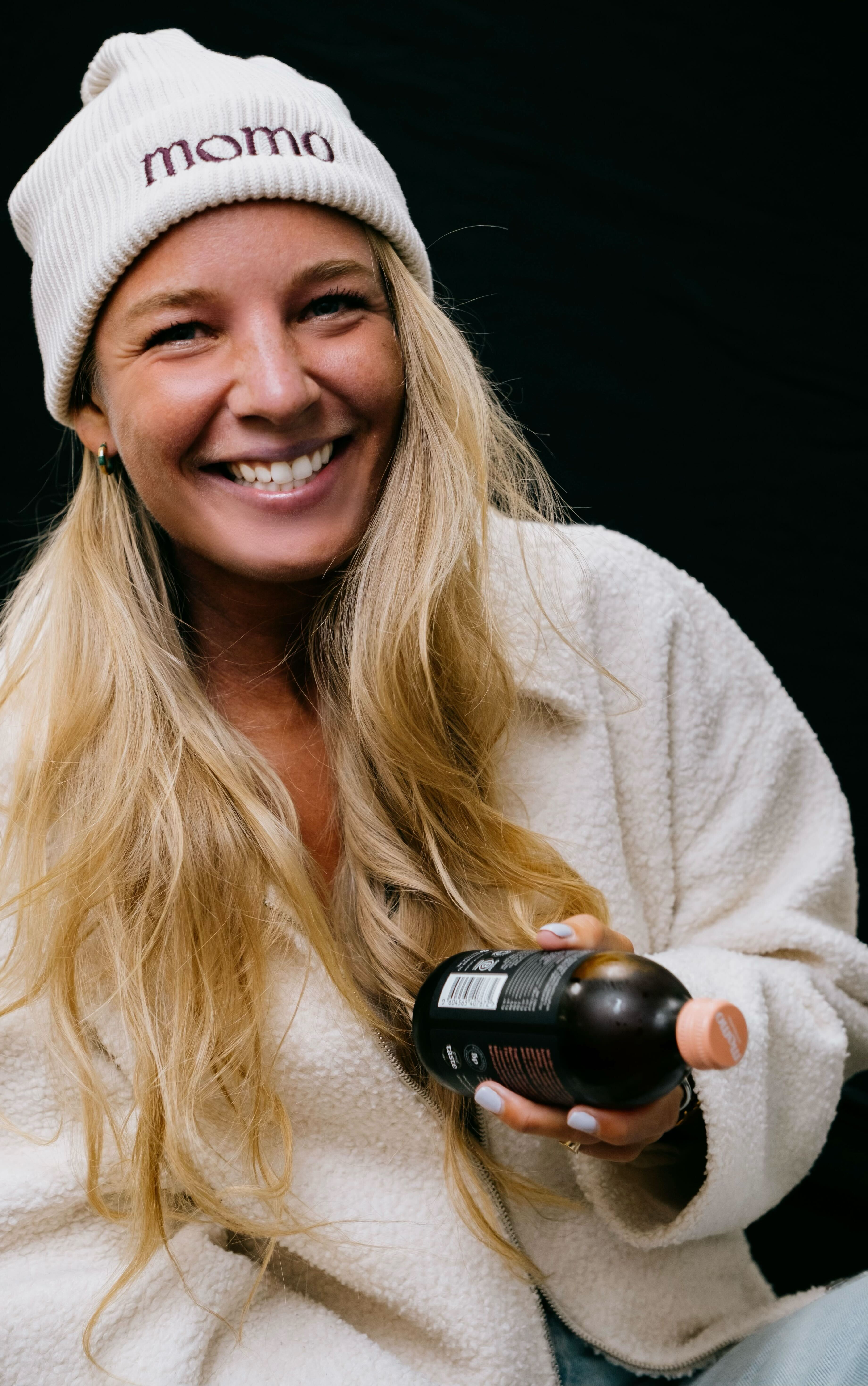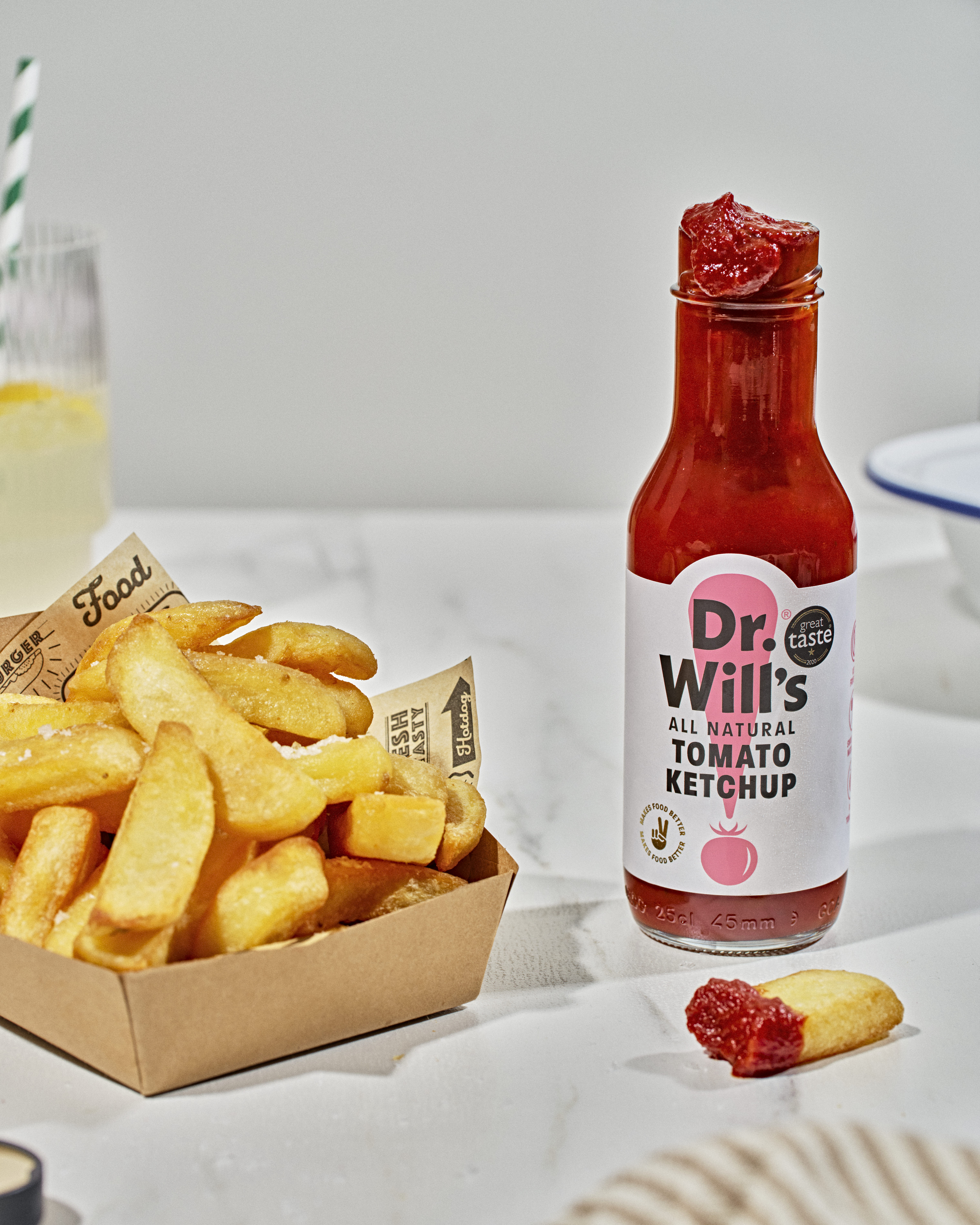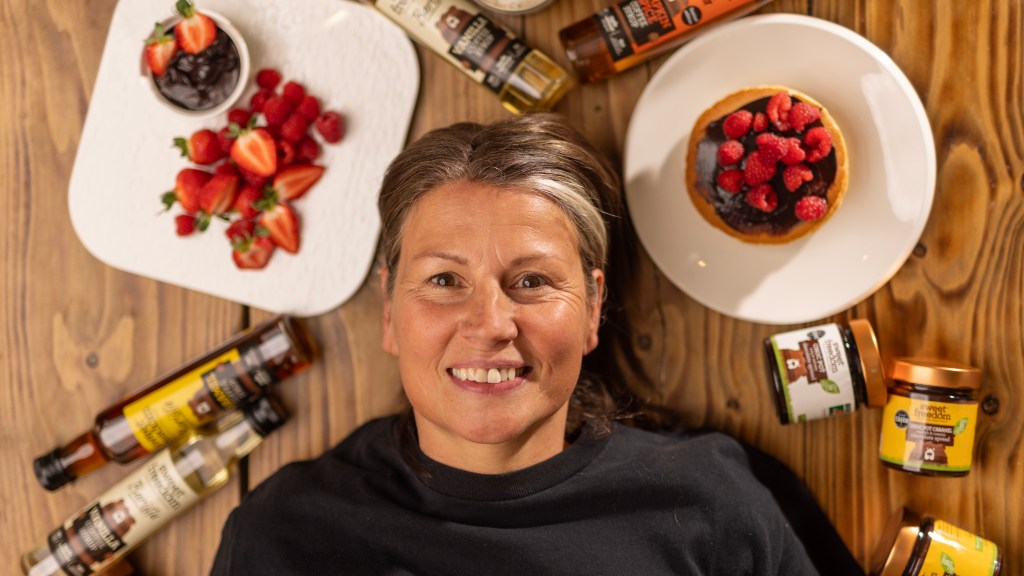Packaging Tax Poses Significant Challenges for Small Food Enterprises
Nadine Maggi has dedicated 15 years to the food sector, navigating through challenges such as Brexit, the COVID-19 pandemic, soaring inflation, and the current cost of living crisis.
However, she argues that the present trading conditions are the most difficult she has ever encountered in the food industry. Maggi, who once led a division at Hain Celestial, the American parent company of brands like Ella’s Kitchen and Linda McCartney’s, believes that a new packaging tax is a critical issue that could severely impact many businesses.
The recently introduced “extended producer responsibility” (EPR) tax, which was first introduced in December, requires compliance from any business with sales surpassing £1 million that uses over 25 tonnes of packaging. The government claims that funds generated will aid in enhancing local recycling facilities.
The EPR tax varies based on company size: firms with sales between £1 million and £2 million are categorized as “small” producers, while those exceeding £2 million fall under the “large” category. Furthermore, businesses face registration fees that can reach up to £2,620. The Food and Drink Federation has estimated that compliance with EPR will incur costs totaling £1.4 billion for businesses in the first year.
Maggi anticipates that Sweet Freedom, the company she leads, which specializes in sugar-free spreads and syrups, will face a tax bill of around £50,000, despite having a turnover of £2.5 million.
Alongside rising minimum wages, increased national insurance contributions, and a dramatic fourfold surge in cocoa prices over the past year, the EPR bill means Sweet Freedom is expected to incur a loss this year. “This is tougher than anything I’ve ever faced in my entire career,” Maggi expressed.

Maggi is among more than 100 small food companies advocating for the government to reconsider these regulations and implement a phased fee structure to alleviate the burden on small businesses. This group is spearheaded by Stu Macdonald, the founder of Manilife, a natural peanut butter brand, who labeled the tax as “shambolic.”
Macdonald stated, “It’s existential for many businesses, and those who developed the regulations seem unaware of the potential repercussions. We will likely survive, but had this been implemented a year ago, I’m uncertain we would have.”
Estimating that Manilife, with annual sales of £7 million and classified as a “large” producer, will incur an EPR bill of approximately £200,000 in the tax’s inaugural year, Macdonald noted that the first bill is due on October 1 this year for items sold through April 7, 2025.
He remarked that the majority of businesses in his protest coalition were largely unaware of these changes until recently. Small companies outside of trade associations lacked proper consultation regarding these alterations, a claim the Department for Environment, Food and Rural Affairs disputes.
The department refuted this assertion, stating, “It is categorically untrue that small producers have not been consulted; extensive engagement has occurred to ensure businesses have clarity regarding the scheme’s structure and implementation.”
On the flip side, Katie Jewitt, chief operating officer of Momo Kombucha, has spent her career supporting food companies and noted her awareness of the impending changes for “a couple of years.” Upon joining Momo seven months ago, she felt reassured they were below the sales threshold for the tax.

It soon became clear that Momo, projected to have sales of £4.4 million this year, would owe tens of thousands of pounds in the tax’s first year, with liabilities increasing to over £100,000 the following year. Momo, alongside Manilife and Sweet Freedom, will be particularly impacted due to its commitment to glass packaging. “The charges are applied per tonne, rather than per unit, which is problematic since glass is much heavier than more sustainable alternatives like plastic,” Jewitt explained.
Unlike competitors who can opt for plastic or aluminum canning, Jewitt asserts that the integrity of their product and consumer trust necessitates the use of glass. Momo has recently allocated over £200,000 to develop a new glass bottling facility in South London.
Describing the rules as “catastrophic” for small food enterprises, Jewitt expressed concern over the panic and confusion the tax has caused among businesses now realizing the full financial implications. She warned that if companies must shoulder the entire cost, many will likely go out of business. Momo had aimed to achieve break-even in 2025, but that timeline has now been pushed back “by at least a year” due to the tax’s impact.
“It’s challenging for SMEs to conjure this money from nowhere, especially with the cash flow issues they face daily regarding incoming and outgoing funds, revealing a disconnect between the government and the realities of operating a small business in the UK,” Jewitt remarked. She cautioned that consumers would ultimately bear the costs through higher prices.
To manage rising costs, Maggi has already raised Sweet Freedom’s prices by 12 percent and is hesitant to increase them further, fearing it could drive customers away. Instead, she is exploring budget cuts, particularly in outsourced services, which is causing concern about brand visibility and sales impact. “We need to assess our overheads to see where we can internalize costs, resulting in a hands-on approach for everyone in the company,” Maggi shared. She fears this strategy could hinder growth prospects for her business and others in similar situations. “The government should foster economic growth; instead, it’s stifling the potential for entrepreneurs and small businesses to thrive.”

Liam White, co-founder of Dr Will’s, which sweetens its condiments with dates instead of sugar, lamented that the packaging tax adds to the myriad worries of being a small business owner. He projected that compliance costs for his firm, with five employees and annual sales of £2 million, would be around £35,000 in the first year. White mentioned the possibility of seeking additional investment to manage the ongoing EPR expenses.
Like many in Macdonald’s advocacy group, White remains hopeful for a last-minute change of heart from the government. “We’re observing the situation closely and have faith that our campaigning may prompt a reconsideration of these policies.”
However, John Redmayne, managing director of the European Recycling Platform, which guides businesses through compliance, urged firms not to delay their preparation for EPR. “These policies are likely to continue evolving,” he said. “The government is listening, but it remains committed to advancing this regulation. Companies should seek advice and ensure they are prepared for compliance with these upcoming rules.”
The government reaffirmed its commitment to addressing waste and enhancing recycling initiatives, asserting that the extended producer responsibility for packaging is a crucial step in their broader packaging reform agenda. They further claimed that these reforms would foster the creation of 21,000 jobs and drive over £10 billion in recycling investments in the coming decade.




Post Comment